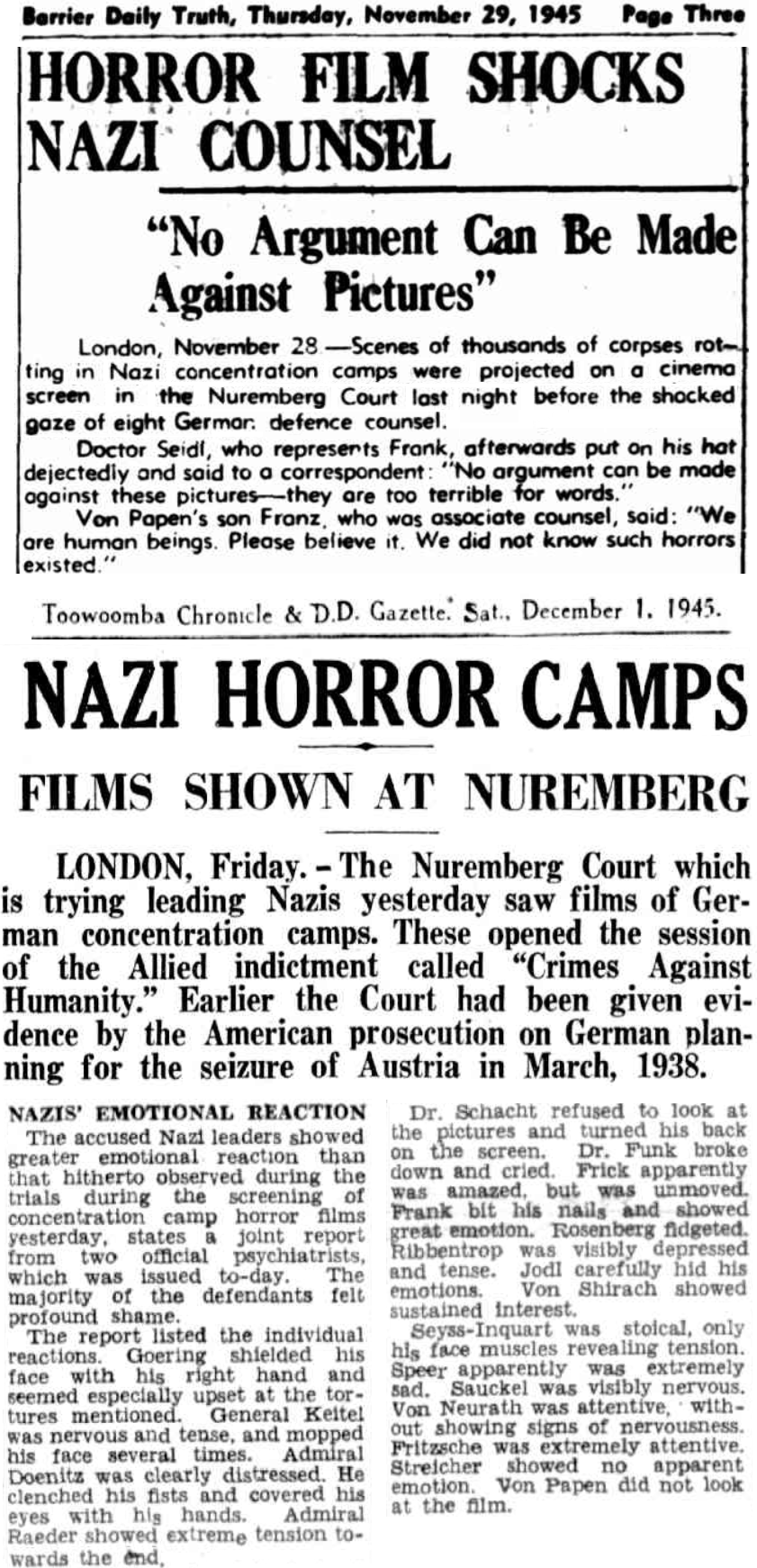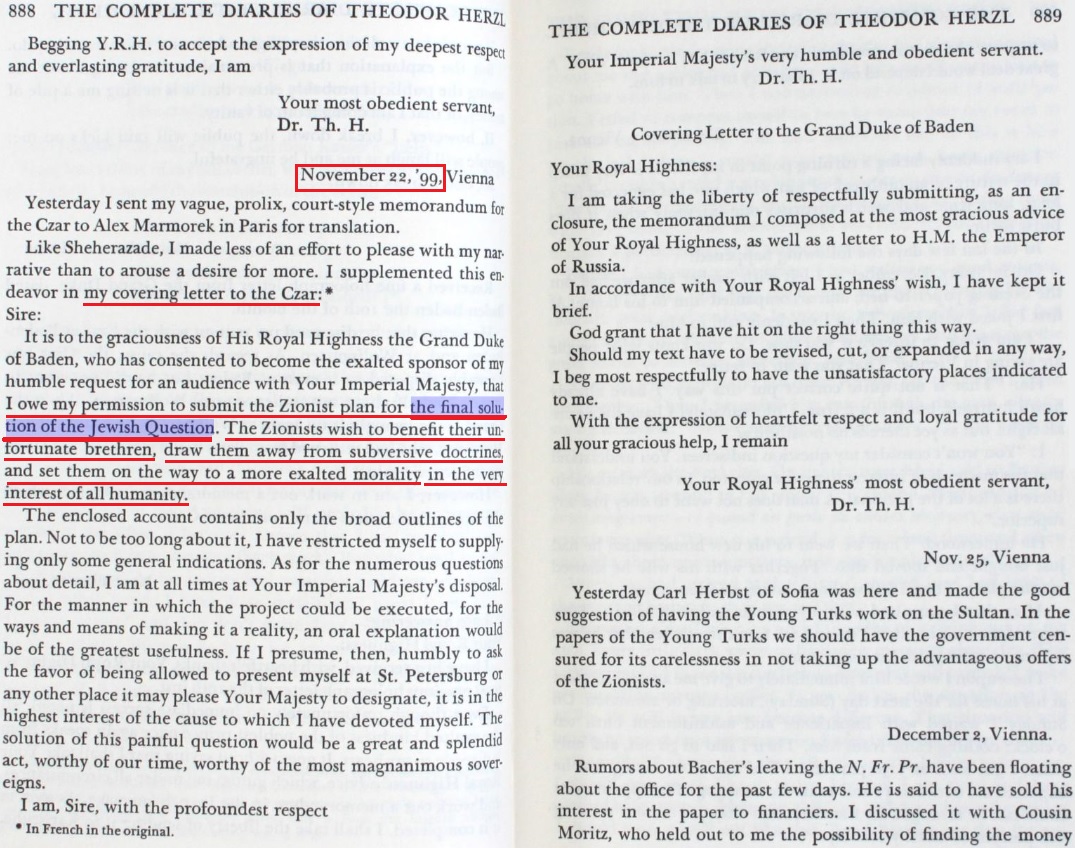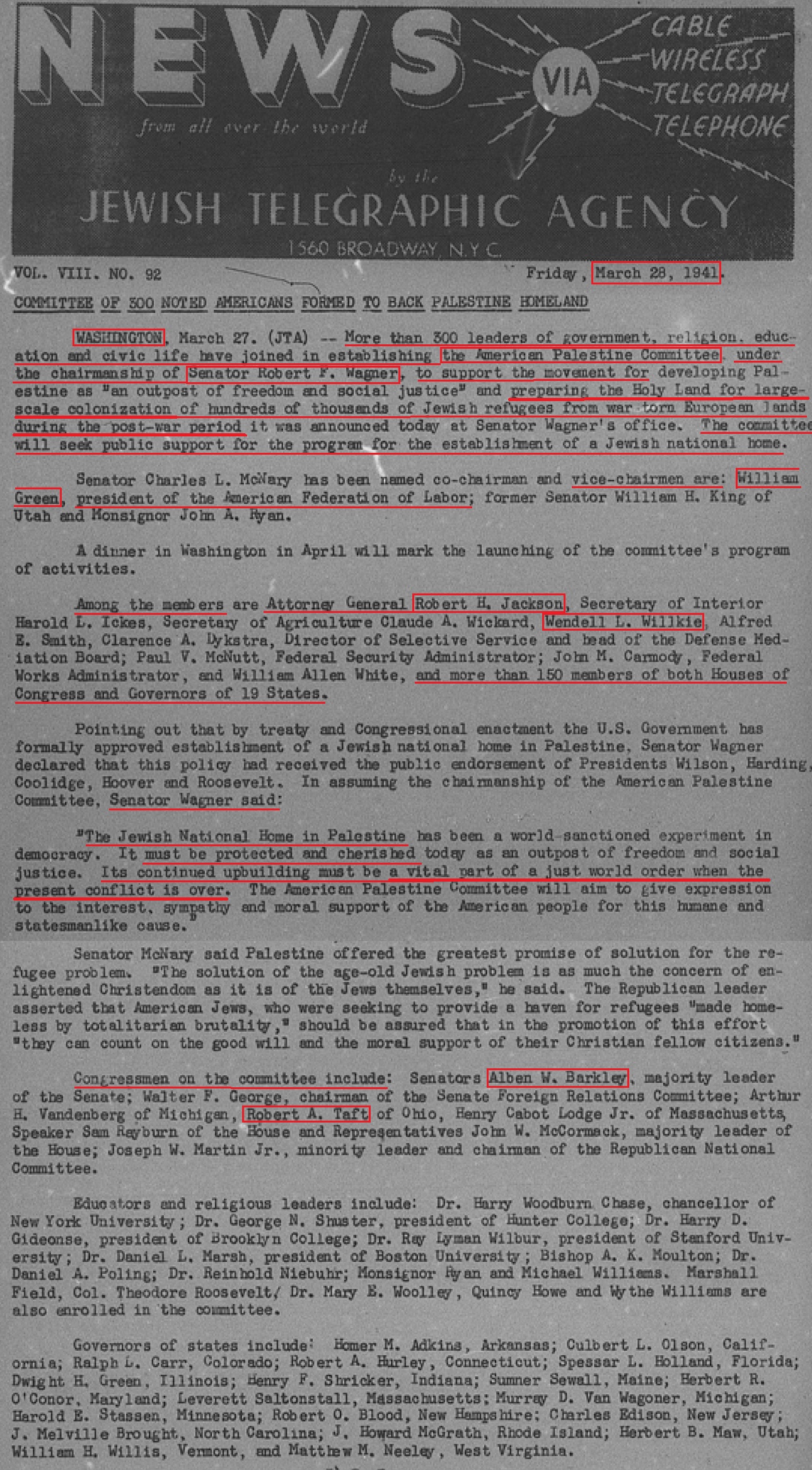Russell Crowe can't save this Nuremberg Trial Dog.
Posted: Wed Nov 05, 2025 5:14 pm
Hollywood has regurgitating yet another propaganda film to join Judgment at Nuremberg (1961), Nuremberg: Tyranny on Trial (1995), Nuremberg (1996), The German "docudrama: Speer und er (2005),
a BBC docudrama Nuremberg: Nazis on Trial (2006),Nuremberg: Goering's Last Stand (2006).
All designed to...well here is what the media says
The film showed at the Toronto International Film Festival and will be released November 7
Russell Crowe plays a crafty brazen Hermann Göring being foiled by the noble Americans. Michael Shannon plays the
righteous Judge Robert H. Jackson. Tagline Justice over Vengeance.
The film focuses on American psychiatrist Douglas Kelley
Fun fact-
The first session of the Tribunal was held in Berlin on October 18, 1945 and was presided over by Stalin's favorite judge, Iona Nikitchenko. Into the Memory Hole with these inconvenient facts!...see https://avalon.law.yale.edu/imt/imtmin.asp
Relevant to this movie, one of the many travesties at the IMT Trials was the use of a psychologist like Kelley to influence the defendants, soften them up for confessions, and...of course...write a self-serving "tell all" book.
Kelley's books were
Twenty-two Cells in Nuremberg and The Case of Rudolf Hess.
Kelley committed suicide during a family gathering with his wife, father and oldest son to watch the Rose Bowl game on television, on New Year's Day 1958. He ingested potassium cyanide as had Nazi leader Hermann Göring, whom Kelley had come to know during his psychiatric evaluation at Nuremberg.
Another tool of the prosecution was G. M. Gilbert, played by Colin Hanks. He broke many ethical rules of psychology and was an important part of the Show Trial Team. His books were "Nuremberg Diary" and The Psychology of Dictatorship: Based on an Examination of the Leaders of Nazi Germany
He wrote:
a BBC docudrama Nuremberg: Nazis on Trial (2006),Nuremberg: Goering's Last Stand (2006).
All designed to...well here is what the media says
...writer-director James Vanderbilt‘s Nuremberg, based on Jack El-Hai’s 2013 non-fiction book The Nazi and the Psychiatrist. The film is a retelling of the events leading up to and throughout the Nuremberg Trials which brought the Nazi high command to justice after World War II. It was a seminal moment in world history—a first of its kind international war crimes tribunal presided over by justices from the Allied countries.
The film showed at the Toronto International Film Festival and will be released November 7
Russell Crowe plays a crafty brazen Hermann Göring being foiled by the noble Americans. Michael Shannon plays the
righteous Judge Robert H. Jackson. Tagline Justice over Vengeance.
The film focuses on American psychiatrist Douglas Kelley
Fun fact-
The first session of the Tribunal was held in Berlin on October 18, 1945 and was presided over by Stalin's favorite judge, Iona Nikitchenko. Into the Memory Hole with these inconvenient facts!...see https://avalon.law.yale.edu/imt/imtmin.asp
Relevant to this movie, one of the many travesties at the IMT Trials was the use of a psychologist like Kelley to influence the defendants, soften them up for confessions, and...of course...write a self-serving "tell all" book.
Kelley's books were
Twenty-two Cells in Nuremberg and The Case of Rudolf Hess.
Kelley committed suicide during a family gathering with his wife, father and oldest son to watch the Rose Bowl game on television, on New Year's Day 1958. He ingested potassium cyanide as had Nazi leader Hermann Göring, whom Kelley had come to know during his psychiatric evaluation at Nuremberg.
Another tool of the prosecution was G. M. Gilbert, played by Colin Hanks. He broke many ethical rules of psychology and was an important part of the Show Trial Team. His books were "Nuremberg Diary" and The Psychology of Dictatorship: Based on an Examination of the Leaders of Nazi Germany
He wrote:
My principal duty was to maintain close daily contact with the prisoners in order to keep the prison commandant, Colonel B. C. Andrus, aware of the state of their morale, and to help in any way possible to assure their standing trial with orderly discipline. 1 also collaborated with the psychiatric commissions and the prison psychiatrist* in any mental examinations that were required.
I was allowed free access to the prisoners at all times, from the time of the indictment up to the time of the execution. This made possible a study of their reactions under controlled conditions for a whole year. The method was simply that of casual conversation in my role as psychologist and liaison man, supplementing the trial itself as a vehicle for examining the Nazi system and the men who made it. I never took notes in their presence, but kept a careful record of my conversations and observations, setting down my notes
"“But don’t you think it’s about time that somebody did admit his guilt and call a spade a spade?” I asked. “These Mass murders are the most horrible things that have ever taken place in the history of mankind!”



























